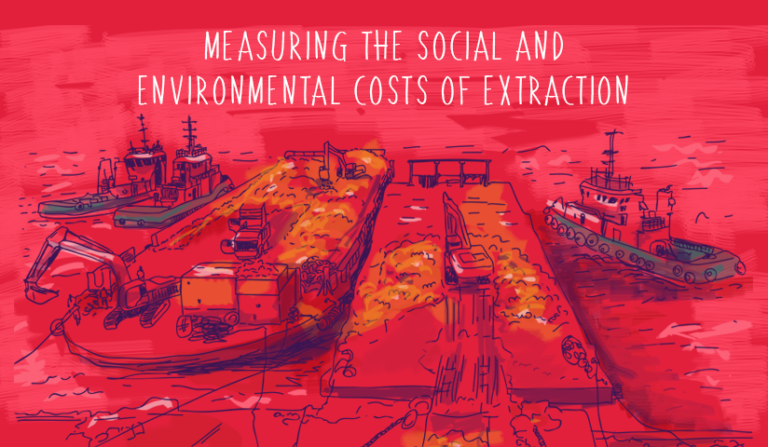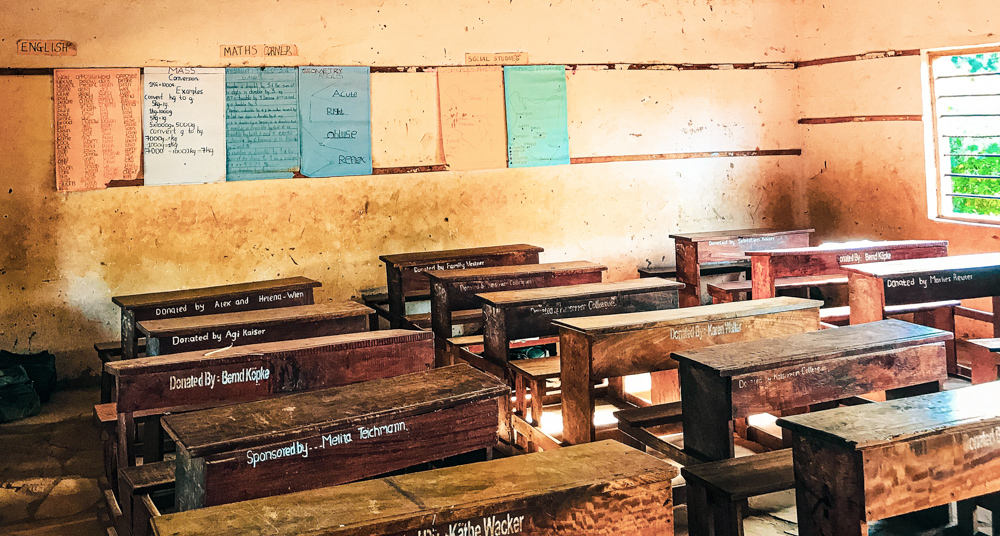Project
Beyond Revenues: Measuring the Environmental and Social Impacts of Extraction

Oil, gas and mining projects can generate substantial revenues for host countries. At the same time, extractive activities generate a range of other positive and negative economic, environmental, social, political, institutional and cultural impacts. Host countries must weigh the economic benefits of extractive projects against their environmental and social impacts.
However, environmental and social impacts are often assessed in separate processes and by separate institutions from those assessing financial revenues and the modelling, measuring and reporting of these impacts is rarely integrated with financial impacts.
This practice results in an incomplete picture of the extractive sector. A more integrated assessment of the impacts of extraction could help policymakers, regulators, companies, citizens and affected communities make more informed decisions on whether extraction should take place and on what terms and conditions.
To better understand whether more integrated modelling and measurement of environmental and social impacts can improve policy making in the extractive sector, the Natural Resource Governance Institute collaborated with Square Circle to undertake a review of existing practices in measuring environmental and social impacts in the extractive sector of NRGI’s priority countries, including tools available for doing so. The project included the development of a search for tools based on their interest or needs, including the sector they are studying (whether oil and gas or mining), the type of impact they would like to measure and whether they are interested in modelling potential impacts or measuring actual impacts.

